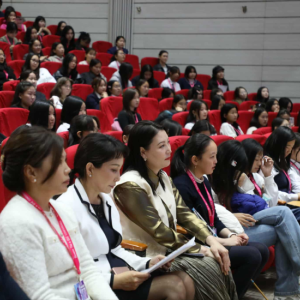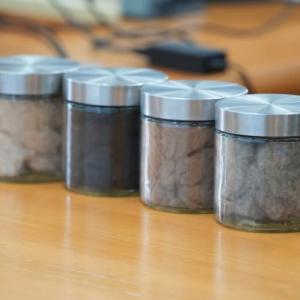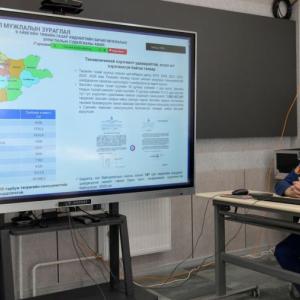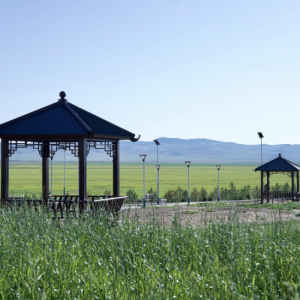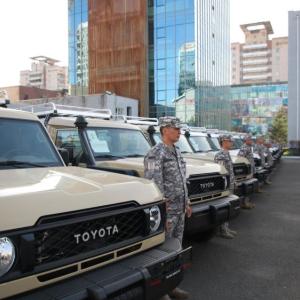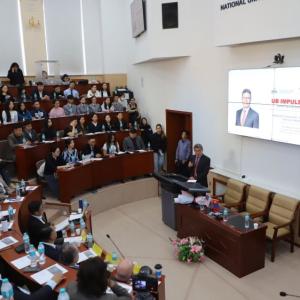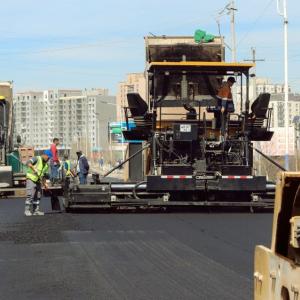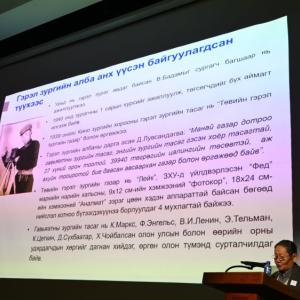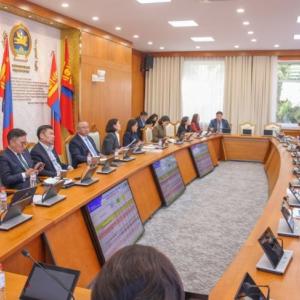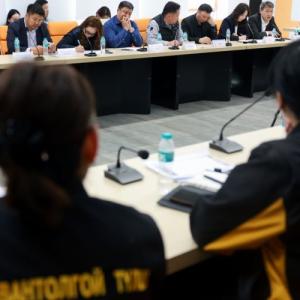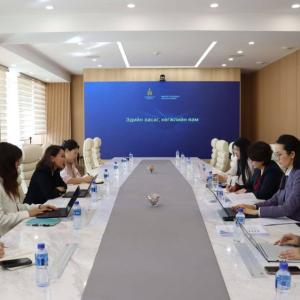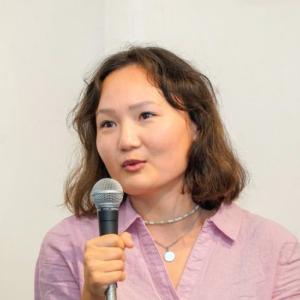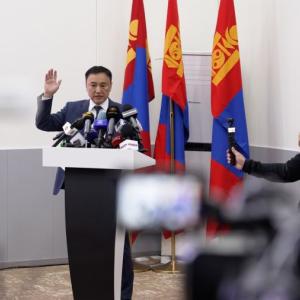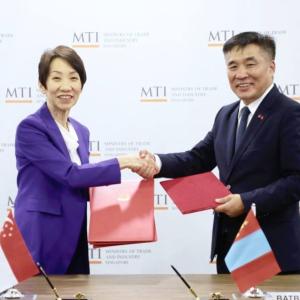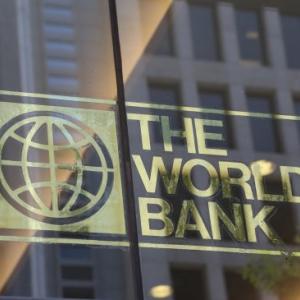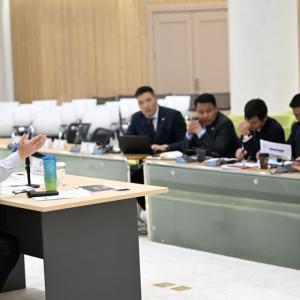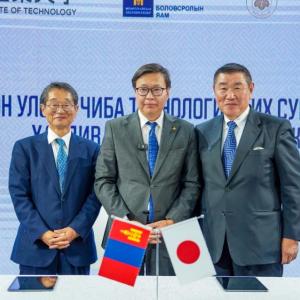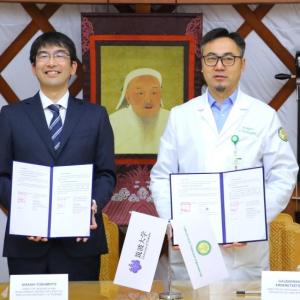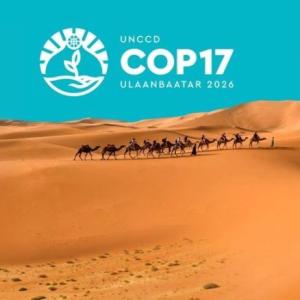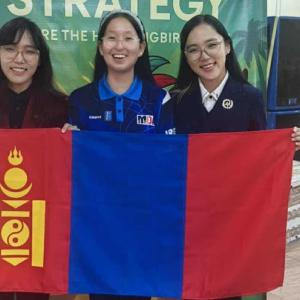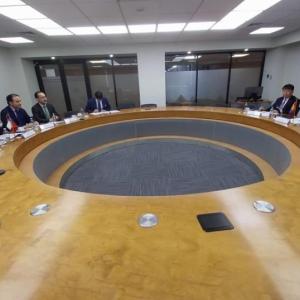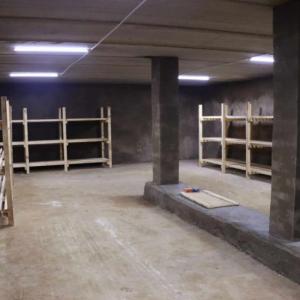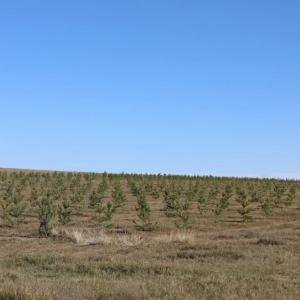ADB Project Expands Food Stamps and Cash Grants for Poor and Vulnerable
Society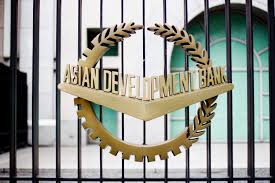
Ulaanbaatar /MONTSAME/. The Asian
Development Bank (ADB) has approved a $26.4 million loan to lessen the
socioeconomic impacts of the coronavirus disease (COVID-19) pandemic on poor
and vulnerable groups in Mongolia, especially women and children.
“The
loss of jobs and income in the wake of COVID-19 coupled with rising food prices
will particularly affect poor and vulnerable people,” says ADB Principal Social
Sector Specialist Karin Schelzig. “The Shock-Responsive Social Protection
Project will expand food support and cash transfers on a temporary basis,
utilizing the targeting and delivery systems of two established social
assistance programs.”
Mongolia’s
early and robust response to contain the spread of COVID-19 has helped keep the
number of cases relatively low, but the health risk-level remains high, and the
curtailment of economic activity has affected many parts of the economy. ADB
estimates show that Mongolia will suffer significant investment and consumption
shocks in addition to negative global demand spillovers in 2020.
The
pre-crisis poverty rate in Mongolia was 28.4%. A significant share of
Mongolians who are technically non-poor live precariously close to the poverty
line.
To
counter the negative impacts of the pandemic, on 27 March the government
launched a countercyclical development expenditure program, which includes
temporary increases in child money program benefits. On 6 May the
government announced further social assistance measures including expanding the
food stamp program.
The
project will finance the temporary increase in the monthly benefit levels for
all child money program and food stamp program beneficiaries through September
2020. The child money program reaches more than 1 million Mongolian children
with electronic transfers. Food stamps are cash-like benefits that are
delivered either as electronic payments to e-cards or as physical vouchers in
more remote areas. Food stamps can be used to purchase 10 staple food items,
including milk and vegetables.
Food
stamps benefit 240,500 Mongolians, among them more than 118,000 children. Women
and girls comprise 53% of the recipients. The program reaches 44,325 families
(the poorest 5%).
The
project is a key part of ADB’s package of support to mitigate the impact of
COVID-19 in Mongolia. This assistance has included grants to purchase emergency
medical equipment and supplies, short and medium-term responses such as a $40
million loan to support health security, a $24 million reallocation to support
small- and medium-sized enterprises, and a $100 million countercyclical support
program.
Total
project cost is $270.79 million, of which $239.39 will be provided by the
Government of Mongolia. The World Bank will also provide loan cofinancing of $5
million for the expansion of the child money program benefits.
ADB
is committed to achieving a prosperous, inclusive, resilient, and sustainable
Asia and the Pacific, while sustaining its efforts to eradicate extreme
poverty. Established in 1966, it is owned by 68 members—49 from the region.
Source:
ADB
 Ulaanbaatar
Ulaanbaatar
























